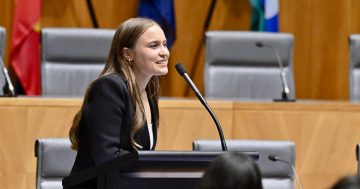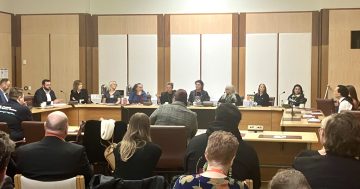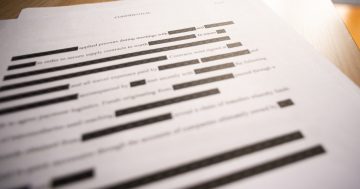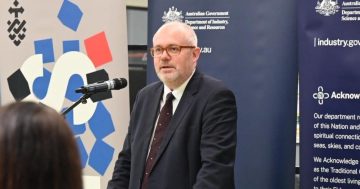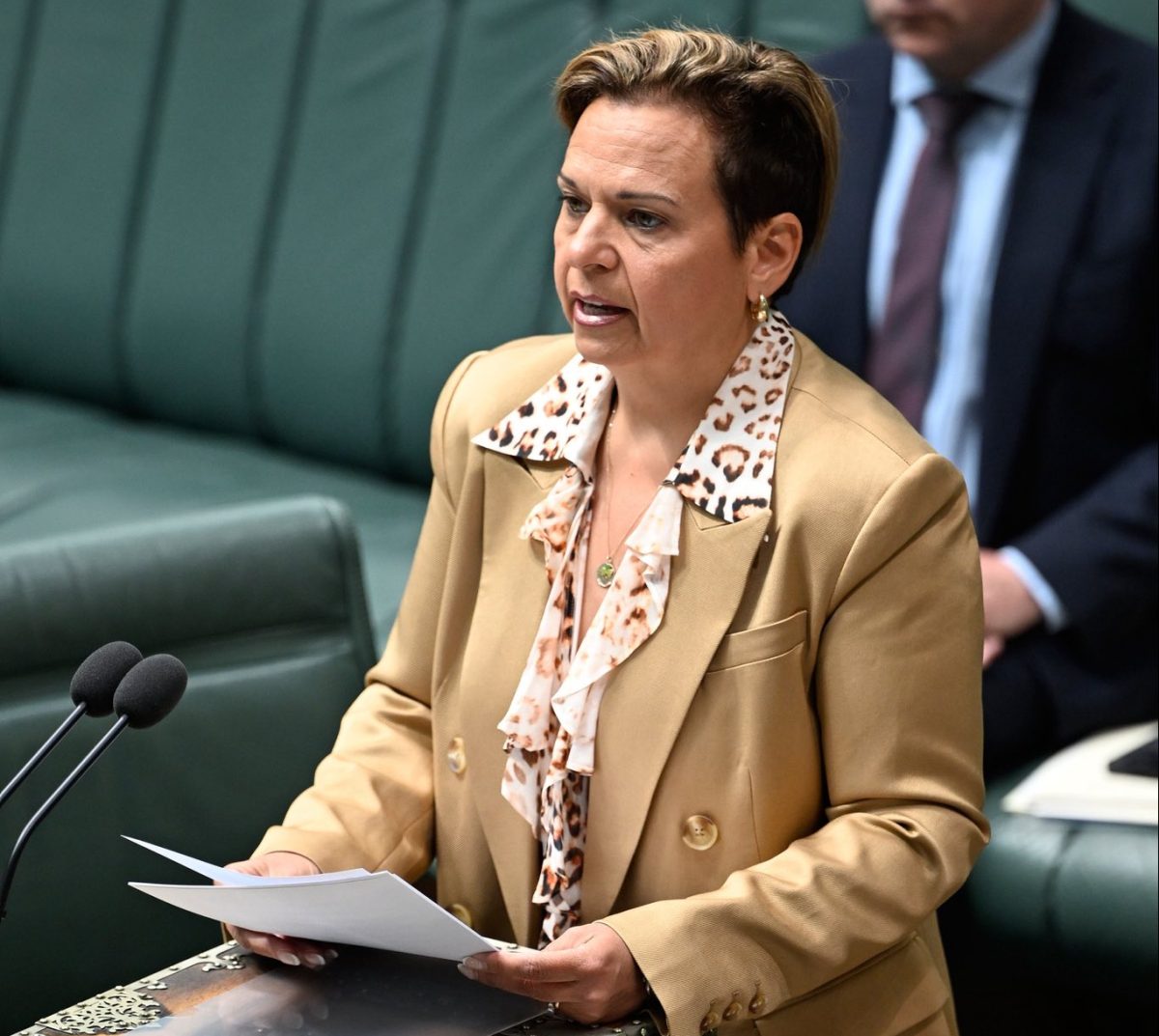
Michelle Rowland: “There are no plans to weaken copyright protections when it comes to AI.” Photo Michelle Rowland
Copyright laws will not be changed to allow artificial intelligence to freely use and exploit the work of Australian creators.
Attorney-General Michelle Rowland has ruled it out, saying ways must be found for tech companies and AI trainers to work with local artists and authors.
Giving tech giants exemptions from copyright to train AI platforms became a distinct possibility earlier this year when the Productivity Commission published a report recommending the move.
The Commission cautioned against a heavy-handed approach to regulating AI use and floated a text-and-data-mining exception to the Copyright Act.
Such an exemption would have opened the door for AI trainers and platforms to legally exploit “fair dealing” on copyrighted Australian work.
The technology sector called for the introduction of a broad text-and-data-mining exception.
The suggestion became immediately controversial, with Australian artists and authors leading a campaign against it.
The likes of Midnight Oil frontman (and former Labor federal government minister) Peter Garrett and author Thomas Keneally have been prominent in opposing the move.
The union movement also attacked the idea, with the Australian Council of Trade Unions describing the Productivity Commission as being “hopelessly out of touch” and “completely ignorant” of world’s best practice and academic research.
“Let’s be clear about what relaxing copyright for data mining really means in practice – it means legitimising the theft of the work of Australian creative workers, journalists and academics,” ACTU assistant secretary Joseph Mitchell said when the report was released in April.
“It means undermining some of our most treasured industries, ones that define our sense of who we are as a nation.
“Further, it means denigrating and stealing Indigenous cultural and intellectual property all to benefit overseas tech billionaires making new products.”
Opposition Leader Sussan Ley also warned against giving tech companies free rein over Australian material.
“It is not appropriate for big tech to steal the work of Australian artists, musicians, creators, news media, journalists and use it for their own ends without paying for it,” she said at the time.
“There’s very wishy-washy language coming from this government … about protecting the real intellectual property and the creative work of so many incredible Australians.”
First Nations rapper Adam Briggs told a parliamentary inquiry last month (9 September) that it would be “hard to get the genie back in the bottle” if tech companies were allowed to access and use artistic content without compensating its creators.
The Federal Government appears to have got the message, making it clear on Monday (27 October) that AI would definitely not be exempted from Australian copyright laws.
The Attorney-General said that while the government will continue to work with creators and technology companies on ways to unlock AI innovation, which benefits everyone, the outcome will not include a text-and-data-mining exception.
“Artificial Intelligence presents significant opportunities for Australia and our economy; however, it’s important that Australian creatives benefit from these opportunities too,” Ms Rowland said
“Australian creatives are not only world-class, but they are also the lifeblood of Australian culture, and we must ensure the right legal protections are in place.”
The Minister is convening the government’s Copyright and AI Reference Group over the next two days to discuss three priority areas.
This includes examining whether a new paid collective licensing framework under the Copyright Act should be established for AI, or whether to maintain the status quo through a voluntary licensing framework.
The other priority areas up for discussion are improving certainty about how copyright law applies to material generated by AI, and making it easier to enforce existing rights through a potential new small-claims forum to address lower-value copyright infringement matters.
“This government has repeatedly said that there are no plans to weaken copyright protections when it comes to AI,” Ms Rowland said.
“The tech industry and the creative sector must now come together and find sensible and workable solutions to support innovation while ensuring creators are compensated.
“The government will support these next steps through the renewed focus tasked to the Copyright and AI Reference Group.”
The Attorney-General described AI as an exciting technological frontier full of opportunities that should be harnessed to benefit local industries, such as the creative and media sectors.
But she said it should be working with them, rather than at their expense.
Original Article published by Chris Johnson on Region Canberra.


